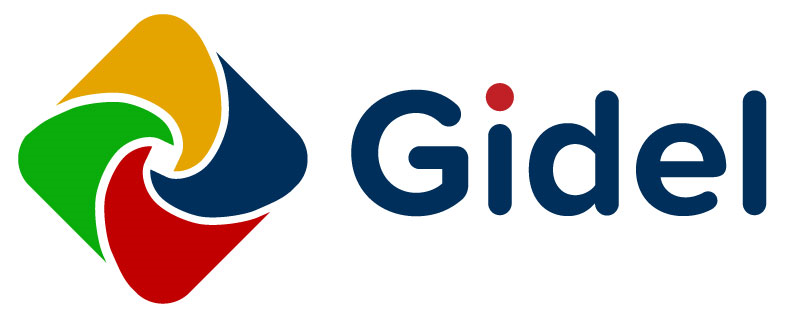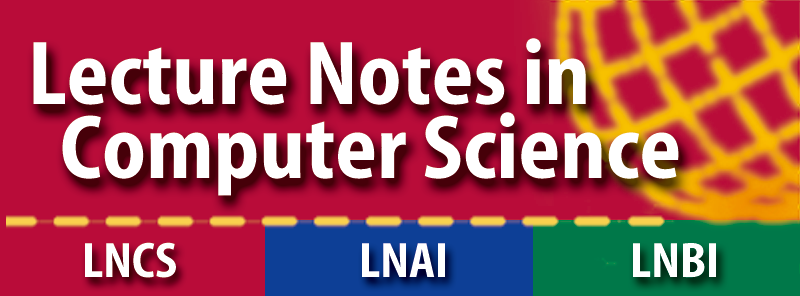TaPaSCo Tutorial
Time: Thursday, 2019-04-11, 13:15PM - 17:15PM
Room: Altes Maschinenhaus, S1|05/23
Specialized accelerators in a heterogeneous system play a vital role in providing enough compute power for current and upcoming computational tasks. Field-programmable gate arrays (FPGA) are an established platform for such custom and highly specialized accelerators. However, an accelerator implementation alone is only part of the way to a usable system. In order to be used as a specialized co-processor in a heterogeneous setup, the accelerator still needs to be integrated into the overall system and requires a connection to the host (typically a software-programmable CPU) and often also external memory.
The open-source TaPaSCo (Task-Parallel System Composer) framework was created to serve exactly this purpose: The fast integration of FPGA-based accelerators into heterogeneous compute platforms or systems-on-chip (SoC) and their connection to relevant components on the FPGA board.
TaPaSCo can support developers in all steps of the development process of heterogeneous systems:
-
From cores resulting from High-Level Synthesis or cores manually written in an HDL, a complete FPGA-design can be created. TaPaSCo will automatically connect all processing elements to the memory- and host-interface and generate a complete bitstream.
-
The TaPaSCo Runtime API allows to interface with accelerator from software and supports operations such as transferring data to the FPGA memory, pass values to accelerator cores and control the execution of the processing elements.
Our tutorial is going to illustrate how TaPaSCo can support developers designing FPGA-based heterogeneous systems in their work or research. Through a combination of short presentations and hands-on sessions, we want to teach the participants everything they need to know to get started with heterogeneous system design with the TaPaSCo framework. The tutorial is going to cover all steps of the development process, as well as the interfacing using the TaPaSCo API. As TaPaSCo is released open-source under the permissive GNU LGPLv3 license, it is available at no cost and users can adapt TaPaSCo to their needs and contribute back to the community.
A separate registration for the tutorial only is available through the registration site. For participants of ARC 2019, the tutorial is already included in the regular conference fee.







